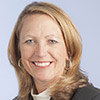

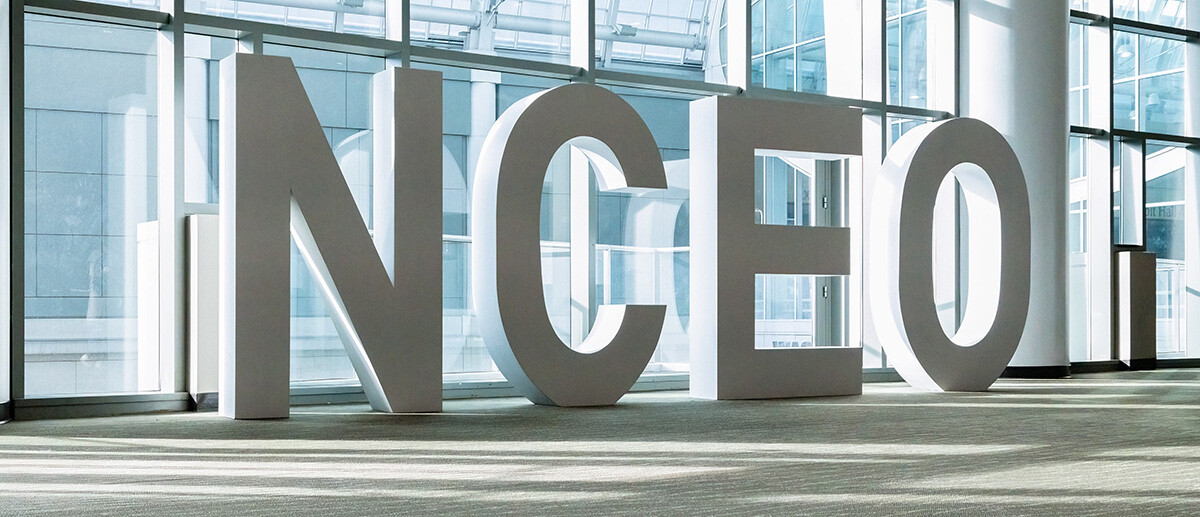
ESOPs can be a way for CPAs to keep clients that might otherwise sell to an outside firm that has its own CPA relationship. From plan and company audits to valuation, from sell-side to buy-side advice, and from M&A to managing benefit levels, ESOPs often need services from more than one CPA firm. Having someone in your firm or your network with experience in one or more aspects of ESOPs (or becoming that person yourself) can be a way to better serve your clients and to find business by partnership CPAs who need outside advisors for their ESOP clients. ESOPs need CPAs.
Beyond client relations, CPA firms have increasingly found themselves targets in the M&A market, and many of them have decided that an ESOP is the right owner, or partial owner, for their own stock. The headline making news of BDO adopting an ESOP can only increase the interest in ESOPs among CPAs.
This Community Conversation, put on by the National Center for Employee Ownership, brings together a panel of expert CPAs who have a wealth of experience serving ESOP clients and, in some cases, being ESOP-owned themselves.


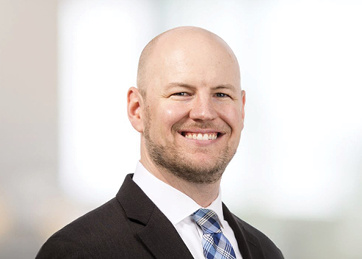
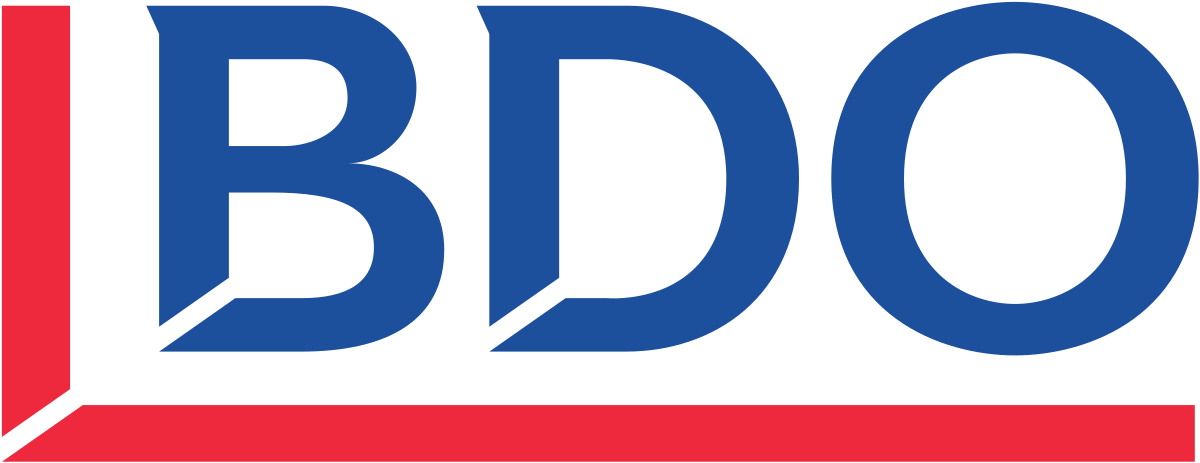
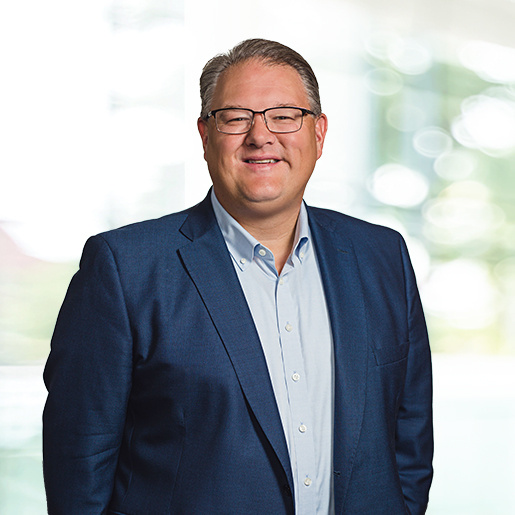

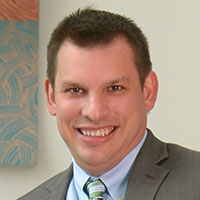

Dan is a partner at Boulay PLLP and the leader of the firm’s ESOP practice. He specializes in audit and other financial reporting engagements for public, private and ESOP-owned clients in a variety of industries. Through his work over the past 12 years, Dan has become very passionate about employee ownership and how ESOPs can play a powerful role in closing the wealth gap in the United States. As a member of the NCEO’s board, Dan aims to continue to find ways to increase the number of companies that transition from private to ESOP ownership, while counteracting misinformation about ESOPs. Finally, he is committed to providing comprehensive education to new and existing ESOP companies. In his free time, Dan enjoys spending time with his family, golfing, traveling, and coaching and playing hockey.
